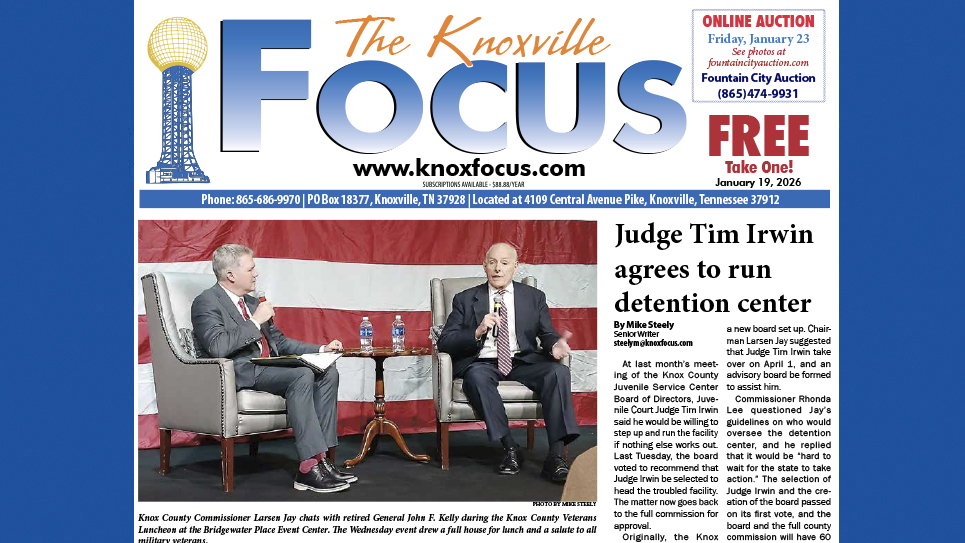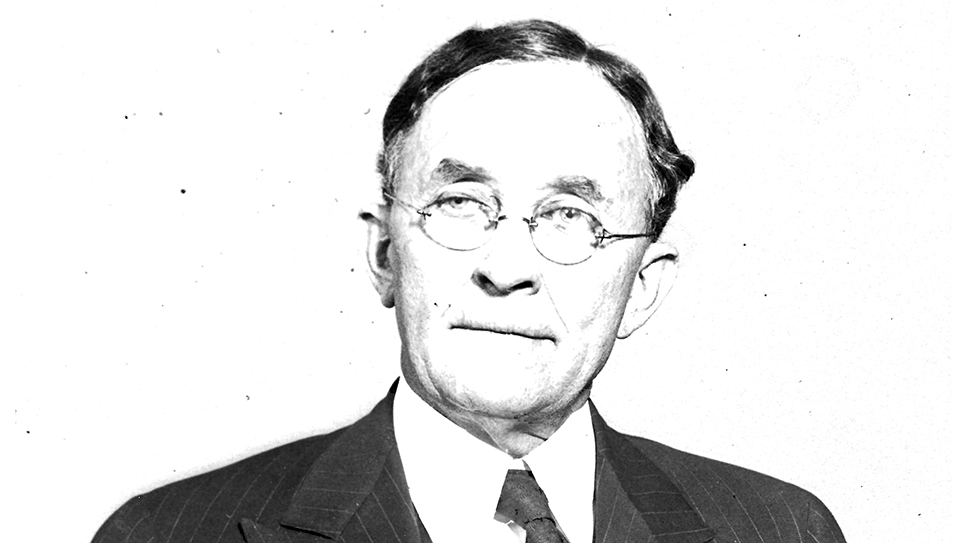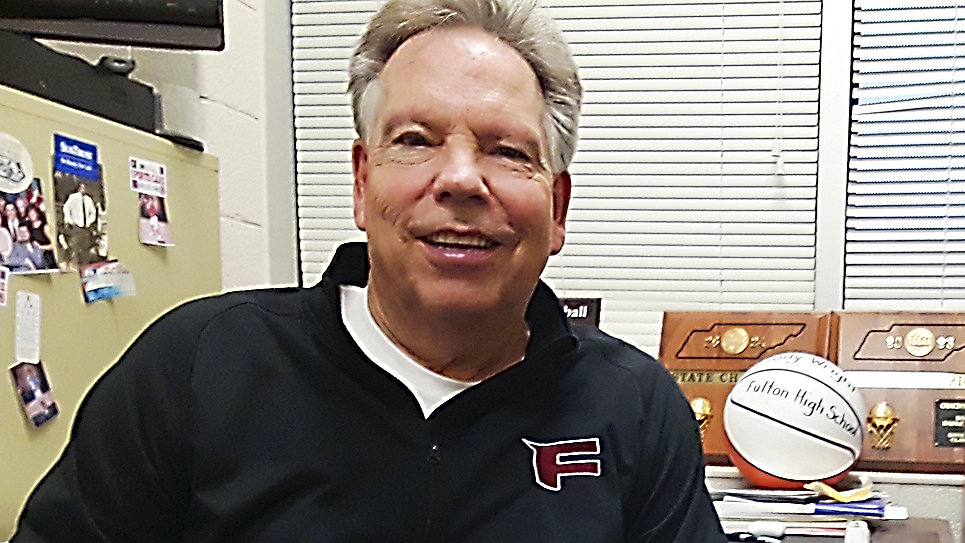The Knoxville City Council may very well have taken the first step to raising taxes next year. There were two actions in particular that can be considered big ticket items approved by the city council.
Vice Mayor Gwen McKenzie put her city council colleagues on the spot and they all dutifully voted for the apology for the African-American community for urban renewal development fifty or sixty years ago, which displaced a goodly number of Black families and businesses. The trickier part of the McKenzie resolution was the supposed commitment of $100 million dollars to be spent by an entity as yet to be identified. We’re told the $100 million will largely come from “grants,” almost surely state and local grants. Of course that begs a pretty interesting question: IF these grants are indeed available, why hasn’t the city pursued them in the past for projects inside the Black community? What happens if there is little or no grant money available for McKenzie’s apology resolution? Keep in mind the budget approved by the city council last year was just over $330 million, so that $100 price tag of Gwen McKenzie’s apology resolution is almost third of the City of Knoxville’s entire budget.
The second big ticket item is a stadium for the Smokies baseball team owned by UT President Randy Boyd. Boyd’s family owns property in the Old City and Boyd wants a financial commitment from the City and Knox County. I’m no expert on development and have never developed any piece of property with the taxpayers as partners, but it seems to me building a stadium while we are still in a pandemic is a bit risky and maybe a little shortsighted. We’ll come back to that later.
The McKenzie resolution was the jump start to the councilwoman’s reelection campaign and however much her colleagues may resent her grandstanding, they aren’t going to admit it publicly. One of the more interesting takes on the McKenzie resolution came from political gadfly and self-appointed political activist David Hayes, who ran a failed race for city council last year. Hayes and Amelia Parker were something of a ticket, both coming out of the City Council Movement. Parker edged past Amy Midis while Janet Testerman beat Hayes by a good majority.
Reading the diatribe published by Hayes was pretty entertaining. Basically, Hayes pointed out the less than perfect aspects of the McKenzie resolution. David Hayes of course denies the resolution is “reparations.” Hayes says McKenzie deliberately avoided the word “reparations” and not merely to “avoid hurting more white feelings.” The difference, according to David Hayes, is “the lack of redistribution of stolen wealth.” Hayes seems to complain McKenzie’s resolution does not “require the City of Knoxville to spend any money from its budget to repair the racist damage done by the city.” Hayes used all caps, but you get the idea. Hayes says had the resolution required city tax dollars be spent to fund the $100 million it would “require the city to limit or stop funding their current racist institutions.” David Hayes goes on to question whether the McKenzie resolution would actually do anything for Black people. Hayes says it might feel good to some that the city would apologize for “the history and legacy of atrocities and policies enacted throughout its history.” Hayes went on to say good feelings don’t feed Black children “alleviate poverty, or bring back the homes and communities decimated through Knoxville’s urban renewal policies.” David Hayes says the McKenzie resolution really only accomplishes one thing: to establish a “task force (aka a committee) to study racism and provide policy recommendations.” Hayes was dissatisfied the McKenzie resolution “urges” the administration to invest $100 million in grant money over a period of seven years.
In his diatribe Hayes does little more than tip his hat to the land taken originally from indigenous people, yet refers to land stolen from Black families. At least he had the good grace to acknowledge all the land was stolen from Native Americans at some point, but apparently that was then and this is now. I don’t quite follow what little logic there is. While Hayes didn’t have much good to say about Gwen McKenzie’s resolution, he did say any council member who voted against it was pretty much a racist.
Here’s what Hayes said: “All land in the US was stolen from Indigenous folks, and they deserve their land and autonomy back. All accumulated wealth should be redistributed from the wealthy and corporations to the workers (who create the wealth with our labor) and to all poor and working class people. Black communities aren’t the only ones who deserve to be made whole.”
Give credit where credit is due, David Hayes sounds less like Alexandria Ocasio Cortez or Bernie Sanders than V. L. Lenin. He doesn’t try to hide it. Hayes has seemed to advocate letting out the prison population back into the general populace and communities amongst law-abiding people. Forget about defunding the police, David Hayes wants to abolish the police.
All of this is built around a nice confection of increasing “social services” according to the folks like David Hayes and the City Council Movement. Let’s call it what it is: it’s less social services than another form of welfare. At what point does supposedly “affordable housing” become “free housing” and of course it’s not free to everybody, as somebody has to pay for it.
Getting the city and county governments to subsidize a stadium for the Smokies baseball team is another kind of welfare, corporate welfare. Randy Boyd is immensely wealthy and if the Smokies fail to produce the kind of revenue to pay for a stadium, who exactly is on the hook to pay it off? The taxpayers is my guess. Sevier County already built a stadium for the Smokies and how did that work out for them?
The city council is skipping around dangerous territory and flirting with a tax increase in an election year is mighty risky business. Is a property tax increase what you asked Santa for Christmas? Me neither.






